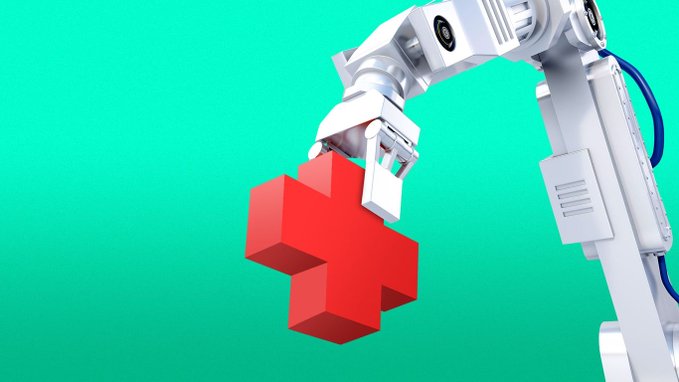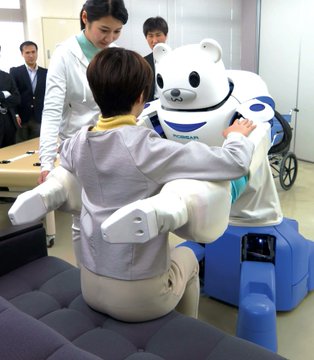Google showed off an array of new artificial intelligence (AI)-driven health care tools on Tuesday, from a souped-up chatbot that can shed light on your medical symptoms to enhanced search features that tell you if a doctor takes Medicaid.
Why it matters: There’s an arms race among big tech companies to infuse their products with AI — but the results, particularly in health care, can have unwanted consequences or pitfalls, like racial bias, privacy concerns and ethical problems.
Driving the news: The « large language model » that Google has been building for the medical world — an AI chatbot called Med-PaLM 2 — now consistently passes medical exam questions with a score of 85%, placing it at « expert » doctor level, the company said.
- That’s an 18% improvement from the system’s previous performance, per the company, and « far surpasses similar AI models. »
- A rival generative AI tool, ChatGPT, also passed the medical exams — but just barely. (ChatGPT’s creator, OpenAI, just released a new, more powerful version of its underlying tech.)
- Google’s system is being trained to « retrieve medical knowledge, accurately answer medical questions, and provide reasoning, » the company says.
Yes, but: Google acknowledges AI’s shortcomings in the medical realm.
- « There’s still a lot of work to be done to make sure [Med-PaLM 2] can work in real-world settings, » reads a blog post from Yossi Matias, a Google vice president of engineering and research, and Greg Corrado, its head of health AI.
- Google found « significant gaps » when the tool was « tested against 14 criteria — including scientific factuality, precision, medical consensus, reasoning, bias and harm, » per the post.
- « We look forward to working with researchers and the global medical community to close these gaps and understand how this technology can help improve health delivery. »
Mots-clés : cybersécurité, sécurité informatique, protection des données, menaces cybernétiques, veille cyber, analyse de vulnérabilités, sécurité des réseaux, cyberattaques, conformité RGPD, NIS2, DORA, PCIDSS, DEVSECOPS, eSANTE, intelligence artificielle, IA en cybersécurité, apprentissage automatique, deep learning, algorithmes de sécurité, détection des anomalies, systèmes intelligents, automatisation de la sécurité, IA pour la prévention des cyberattaques.






